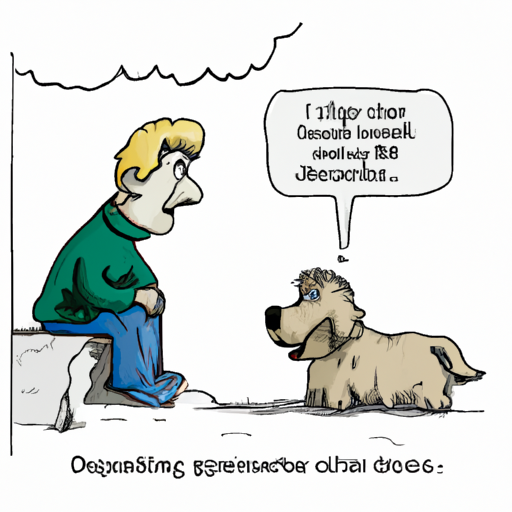Have you ever noticed your dog’s mouth chattering like it’s freezing cold, even when it’s not? This behavior could be puzzling and sometimes worrying. Don’t fret; you’re not alone. Most dog owners, at one point or another, have been in your shoes. This article aims to delve into the depths of the mystery behind your dog’s mouth chattering and provide you with a comprehensive understanding of this intriguing behavior.
Table of Contents
- Understanding Dog’s Mouth Chattering
- Common Reasons For Dog’s Mouth Chattering
- When to Seek Veterinary Attention
- Preventive Measures
- FAQ
Key Takeaways
- Dog’s mouth chattering can be due to several reasons, ranging from excitement to serious health issues.
- Understanding your dog’s normal behavior is crucial in determining when mouth chattering is a cause for concern.
- Regular veterinary check-ups can help prevent serious health issues that may lead to mouth chattering.
- Training and behavior modification can help manage mouth chattering due to excitement or anxiety.
Understanding Dog’s Mouth Chattering
To understand why your dog’s mouth might be chattering, it’s important to first understand how dogs communicate. Unlike humans, dogs use a combination of vocal sounds and body language to express their feelings and intentions. Mouth chattering is one such form of non-verbal communication, and it can have various meanings depending on the context.
Common Reasons For Dog’s Mouth Chattering
There are several reasons why your dog’s mouth might be chattering. Let’s explore a few of them:
-
Excitement: Just like humans, dogs can also get overexcited. This can result in their mouth chattering. It could be due to a new toy, a favorite human coming home, or even the smell of a tasty treat.
-
Anxiety or Fear: Mouth chattering can also be a sign of anxiety or fear. It could be due to loud noises, unfamiliar environments, or the presence of other animals. This article provides a deeper understanding of anxiety in dogs.
-
Oral Health Issues: Dogs can also chatter their teeth due to oral health problems. If your dog’s mouth chattering is accompanied by bad breath, drooling, or difficulty in eating, it might be time to check their oral health. Check out this guide on how to care for your dog’s teeth.
-
Medical Conditions: Certain medical conditions like seizures, neurological disorders, or even pain can cause mouth chattering in dogs. This post discusses common dog illnesses that every dog owner should be aware of.
When to Seek Veterinary Attention
While occasional mouth chattering might not be a cause for concern, if you notice it happening frequently, it might be time to seek veterinary attention. Persistent mouth chattering, especially when accompanied by other signs of discomfort or distress, could be a sign of an underlying health issue. Always remember, early detection can make treatment more effective and less stressful for your furry friend.
Preventive Measures
Preventing mouth chattering in dogs depends largely on the underlying cause. Regular dental check-ups, a balanced diet, and good oral hygiene can help prevent oral health issues. Similarly, behavior training and providing a safe, comfortable environment can help manage chattering caused by excitement or anxiety.
Frequently Asked Questions
1. Is dog mouth chattering normal?
Yes, occasional mouth chattering is normal and can be a part of your dog’s communication. However, frequent or persistent chattering could indicate a problem.
2. Can I prevent my dog’s mouth from chattering?
Preventing mouth chattering depends on the underlying cause. Regular veterinary check-ups and a healthy lifestyle can help prevent health-related chattering.
3. Should I be worried if my dog’s mouth is chattering?
If your dog’s mouth chattering is occasional and not accompanied by other signs of distress or discomfort, there’s likely nothing to worry about. However, if it’s frequent or accompanied by other signs of discomfort, it’s recommended to consult a veterinarian.
This article aims to provide a comprehensive understanding of why your dog’s mouth might be chattering. However, it’s important to remember that each dog is unique, and what holds true for one might not necessarily be the same for another. Understanding your dog’s normal behavior is key to determining when something is amiss. When in doubt, always consult a professional.



